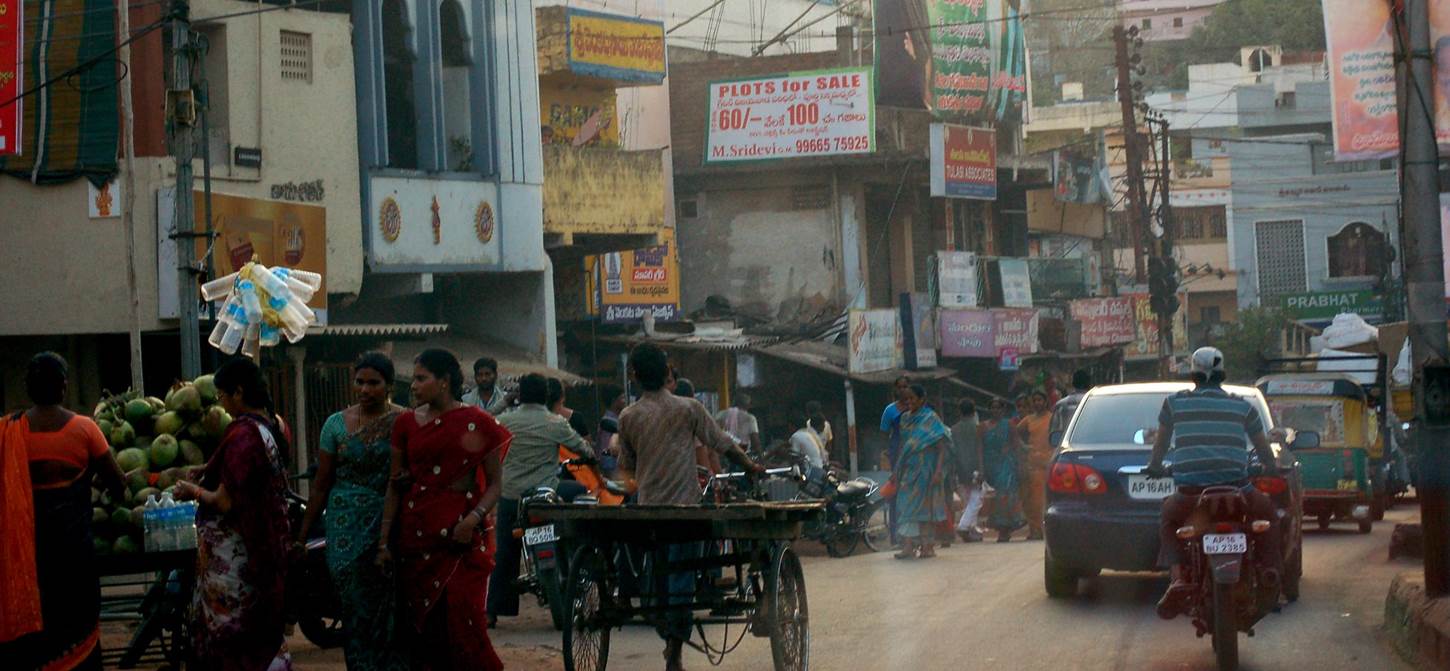Today, thousands will mark their hands with a bright red “X,” demonstrating their commitment to ending modern slavery. Since 2013, the END IT movement, a coalition of leading organizations committed to shining a light on slavery, which can include sex trafficking, bonded labor, and forced labor.
In many countries throughout the HOPE network, we serve a population that is vulnerable to human trafficking and forced labor. Traffickers prey on those living in poverty, and several of the countries in which we work have some of the most prominent human trafficking industries in the world. While HOPE does not work directly with anti-trafficking agencies, our work in poverty alleviation addresses many of the root causes of modern slavery. Our approach is to move upstream from the problem in an attempt to prevent the conditions and vulnerability that traffickers prey on. Here’s how:
1. Jobs create opportunities.
With few options to provide for their families, many people living in poverty willingly enter bonded labor. Or, they are baited with the promise of a job in another country, realizing upon arrival that they’ve been lied to. Even more tragically, families in destitute financial situations are often forced to give up one child to feed the rest of their family.* When families have meaningful work to support themselves, they are spared from making these kinds of decisions.















